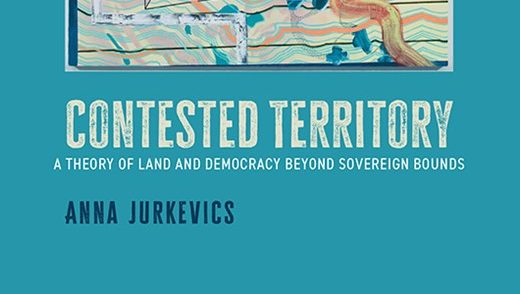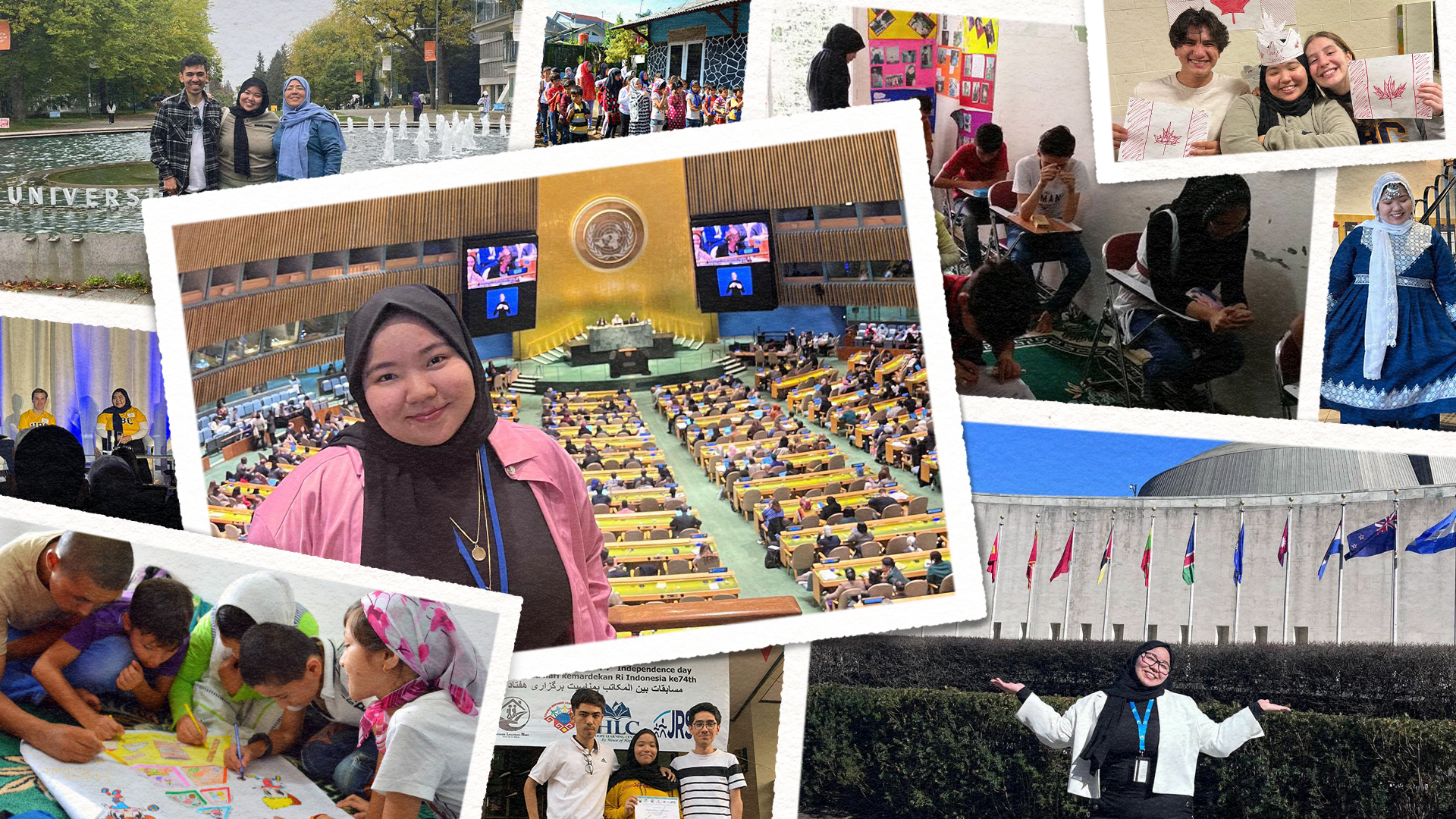Vaishnavi Panchanadam research project, supervised by Dr. Lisa Sundstrom, examines the impacts of domestic civil society mobilization on the endorsement and implementation of Women, Peace, and Security norms. She is a fourth-year Political Science Honours student whose interests lie in the intersection of theory and activism in exploring questions of gender, agency, and identity.


Fourth-year Honours student Vaishnavi Panchanadam
What was your project about? What are the main take-aways from your work?
My project is about the influence of domestic civil society actors in the implementation of the Women, Peace, and Security (WPS) framework, with a specific focus on women’s movements in post-conflict societies, for whom these norms often serve as a means of reclaiming and asserting political agency. The results indicate domestic civil society actors play a pivotal role in the implementation of WPS principles. Their role is stronger in situations where gendered violence is more salient, and when they are able to coalesce with both international and grassroots actors in their advocacy efforts. I further examined this using Nepal as a pathway case to demonstrate how exactly this mobilization unfolds on the ground. The main contribution I hoped to make through this project is to further our understanding of the role played by domestic and local actors in global norm diffusion, and what drives these actors to organize their activist efforts around international norms like WPS.
How did you get interested in this project?
The story of how I got interested in this project is rather long-winded. I have been working as a content writer and podcast host for a global non-profit called Scarlet Udaan which advocates for and alongside survivors of gender-based violence and aims to break the stigma surrounding conversations on the topic. Through this work, I learned a few things that formed the basis of this project. First, gender-based violence is exacerbated in situations of conflict; many of the survivors I have interacted with has experienced this first-hand. Second, there exists this framework called WPS which recognizes the ways in which violence and its impacts are gendered. Third, there is a lot of work being done on the ground by survivors groups and women’s movements to ensure that gender-based violence, as well as the gendered impacts of conflict and the violation of agency inherent in these acts, are addressed and that the voices of women are included in the process of addressing it. I was intrigued by the network of actors implied in this process of advocacy, which spans the international to the local. The fact that a lot of the scholarship on the topic didn’t really take these entanglements into account as much as it should led me to pursue this project.
What was the most difficult part of working on your thesis project? What was the most rewarding?
The most difficult part of working on my project was staying motivated. We are given a really short span of nine months to undertake a comprehensive research project with very little prior experience. Balancing this demanding work with other obligations, and enduring setbacks in both the academic and personal world was tricky at times, but I grew a lot and learned a lot about myself through the process. The most rewarding part has been seeing everything come together over the past few months.
What skills did you develop or strengthen as a result of this project?
The skill of being uncomfortable and being okay with not having all the answers all the time. It’s easy to feel lost and overwhelmed when you’re plunging into bodies of literature that may be unfamiliar or difficult to understand, but what really got me through was turning that feeling on its head and using the fact that I don’t have all the answers to ask more questions and dig deeper. I think this is a super underrated skill when it comes to research because there is this looming pressure to always have all the answers.
What was your experience working with peers and Political Science faculty on this project?
It has been an incredible experience to get to work so closely with my supervisor, Dr. Sundstrom. The guidance, advice and criticism that Dr. Sundstrom has offered me this year has allowed me to pursue my interests and produce a piece of writing that I am proud of. And the sense of community I have found in my peers in the honours program is truly incomparable. They have been a tremendous source of support, inspiration, and critical insight, and I will forever be grateful for the past 2 years I’ve spent in their company.


